Description
Using companion plants strategically in fruit gardens can significantly enhance both fruit growth and pest control. Companion planting involves selecting plants that benefit each other when grown in close proximity, creating a symbiotic relationship that supports overall garden health.
One effective technique is to plant herbs and flowers that attract beneficial insects, such as ladybugs and lacewings, which prey on aphids and other harmful pests. For instance, planting marigolds or calendula around fruit trees can attract hoverflies whose larvae feed on aphids, thus reducing pest populations naturally.
Additionally, certain companion plants emit scents or compounds that deter pests. For example, planting aromatic herbs like basil, rosemary, or mint near fruit bushes can help repel insects like mosquitoes or fruit flies that may damage fruit crops.
Companion plants can also improve soil fertility and structure through nitrogen fixation or by enhancing nutrient availability. Legumes like beans or peas, which fix nitrogen in the soil, can be interplanted with fruit trees or shrubs to provide them with a natural source of nitrogen.
Moreover, some companion plants serve as sacrificial crops, attracting pests away from fruit plants. For instance, planting nasturtiums or borage can draw aphids away from fruit trees, protecting them from infestation.
By carefully selecting and integrating companion plants into fruit gardens, gardeners can create a balanced ecosystem that supports fruit growth, enhances soil health, and naturally manages pests. This approach not only reduces the need for chemical interventions but also promotes sustainable gardening practices that benefit both plants and the environment.

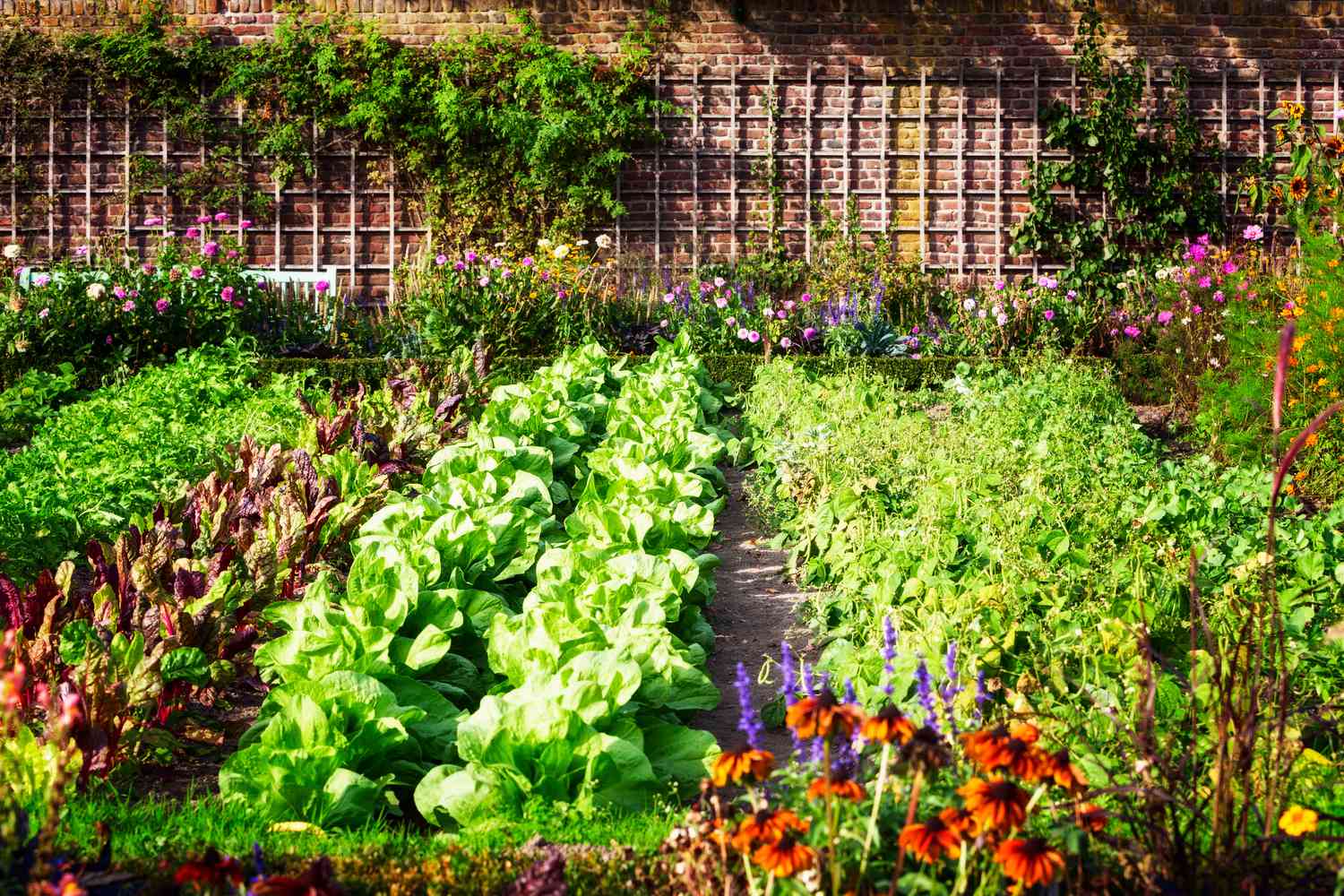
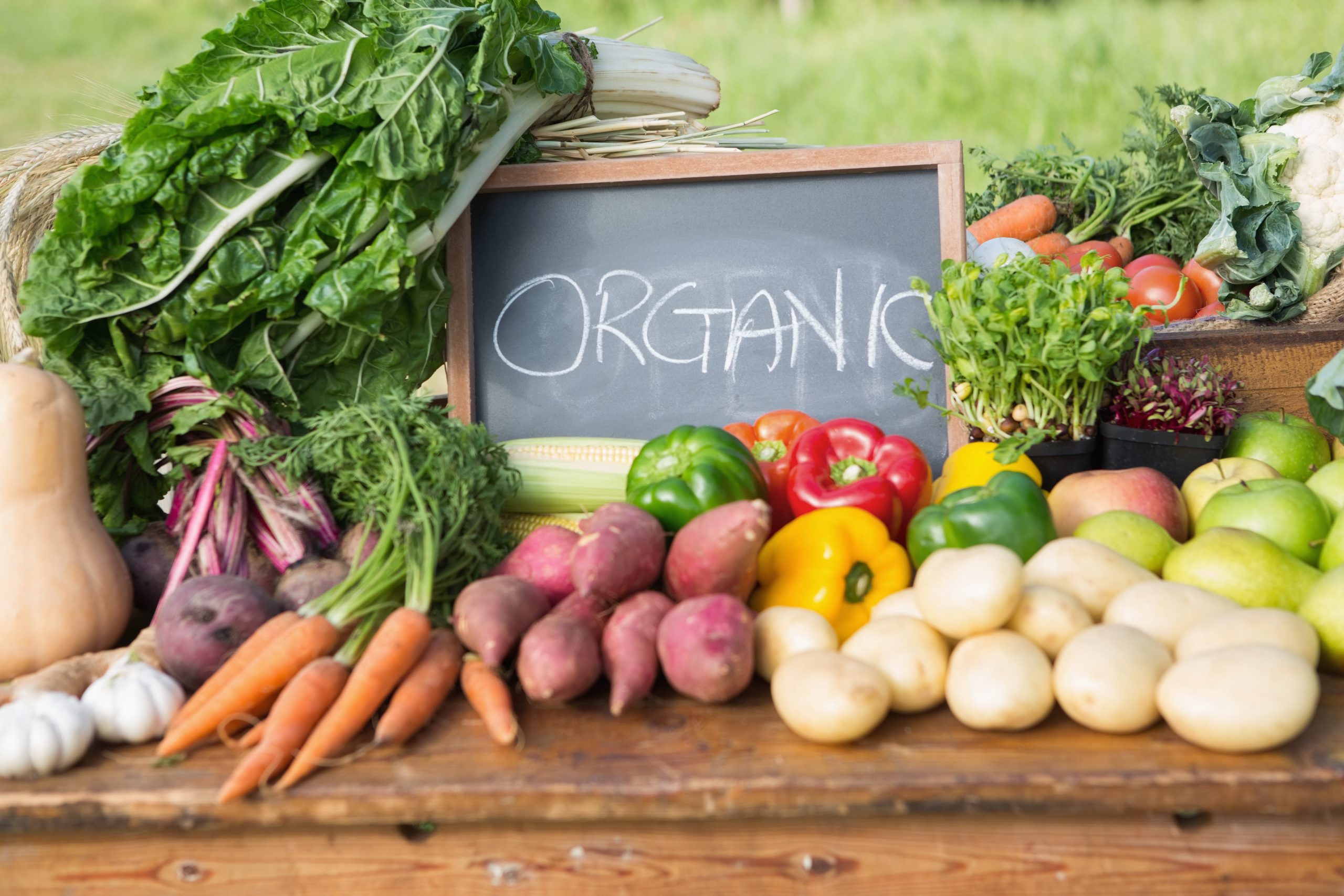
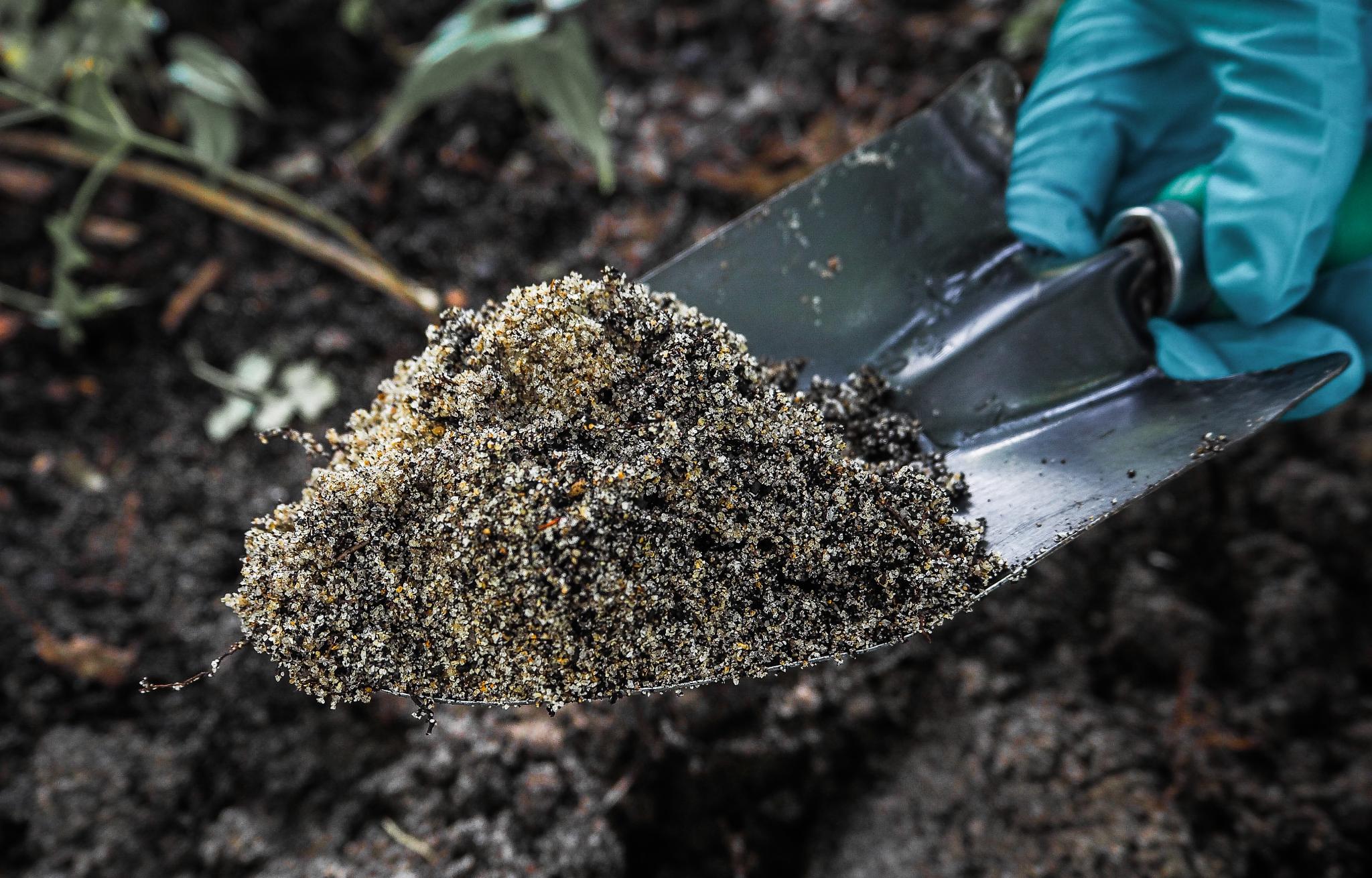
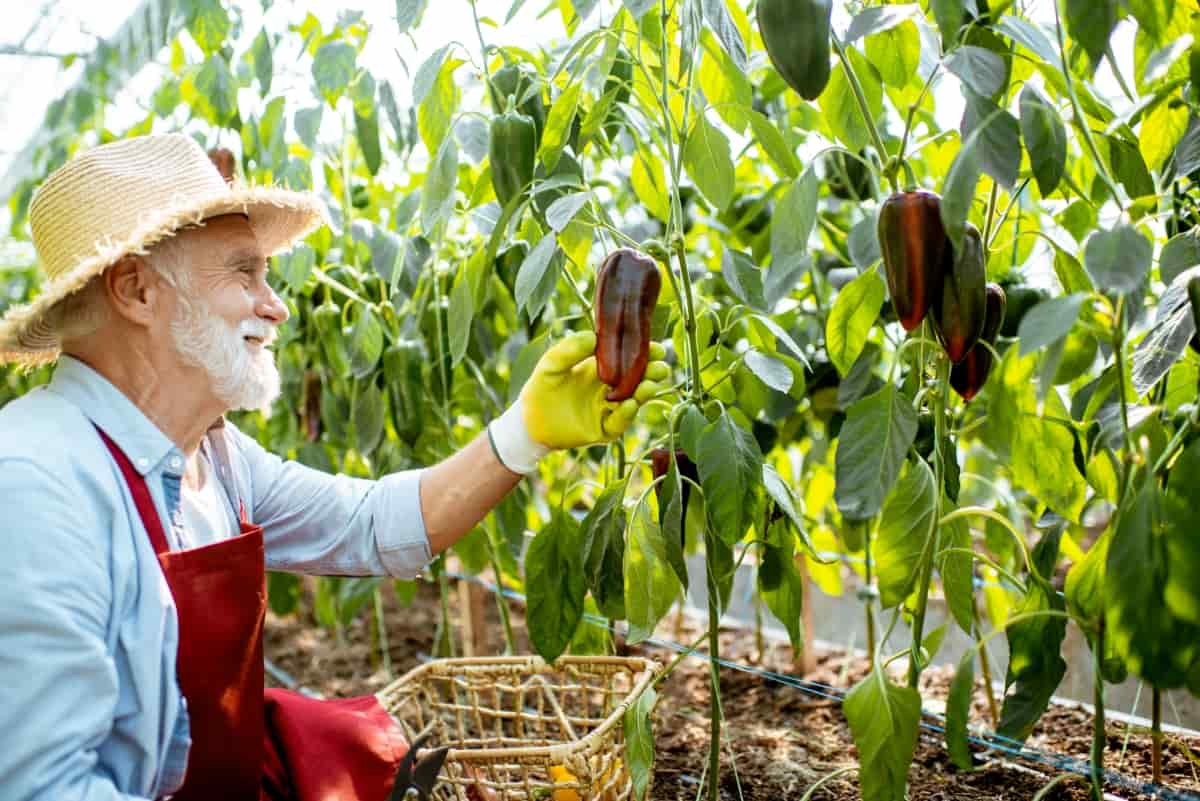
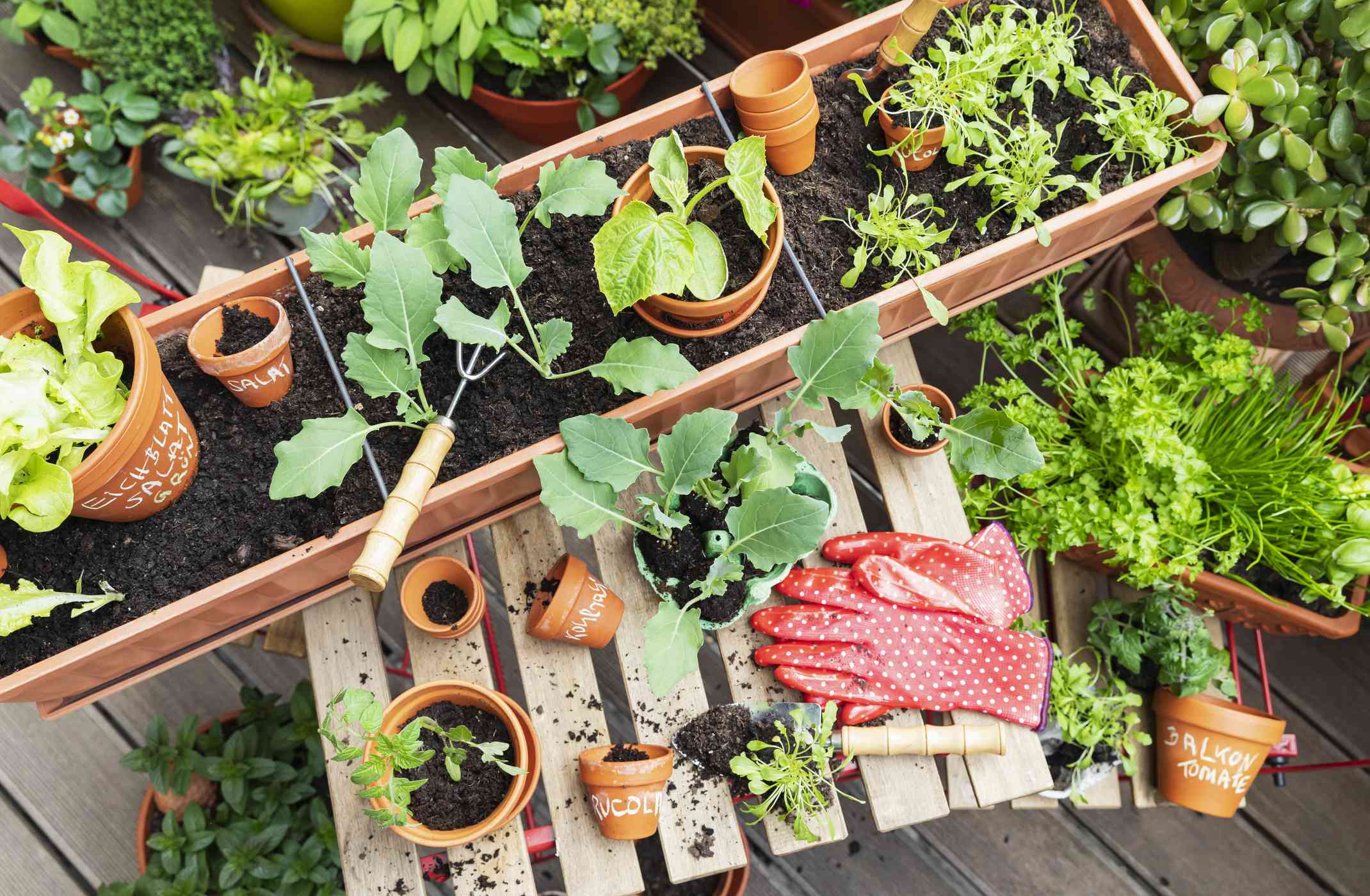

Olanrewaju –
Using companion plants to enhance fruit growth and pest control has brought a natural harmony to my garden. The techniques outlined in this resource are easy to follow and have had a profound impact on my fruit trees’ health. I’ve noticed fewer pests and diseases, improved soil structure, and more robust fruit production. It’s gratifying to know that I’m supporting a balanced ecosystem while enjoying delicious, homegrown fruit. This approach is a must-try for organic gardeners.
Amaka –
Discovering companion planting techniques for my fruit garden has been a game-changer. By strategically planting compatible herbs and flowers, I’ve seen a noticeable increase in fruit quality and quantity. The companion plants attract beneficial insects, deter pests, and improve soil fertility naturally. It’s a holistic approach that aligns perfectly with my organic gardening principles. I’m thrilled with the results and highly recommend exploring companion planting for anyone serious about maximizing their fruit harvest.
Olakunle –
I found the techniques for using companion plants in fruit gardens to be both comprehensive and insightful. The guide not only explains which plants pair well with fruit trees but also how they benefit each other. I’ve noticed better pollination, reduced pest damage, and improved soil health since incorporating companion plants into my orchard. It’s a natural and effective way to promote balanced ecosystems and boost fruit yields. This resource has become invaluable to my gardening practices.
Afusat –
Learning about companion plants for my fruit garden has been eye-opening. This guide provided clear and practical strategies to use companion plants for pest control and enhancing fruit growth. I’ve implemented these techniques with great success—my fruit trees are healthier, and pest issues have significantly reduced without relying on chemicals. It’s a sustainable approach that enhances biodiversity and improves overall garden health. Highly recommend for anyone interested in organic gardening.